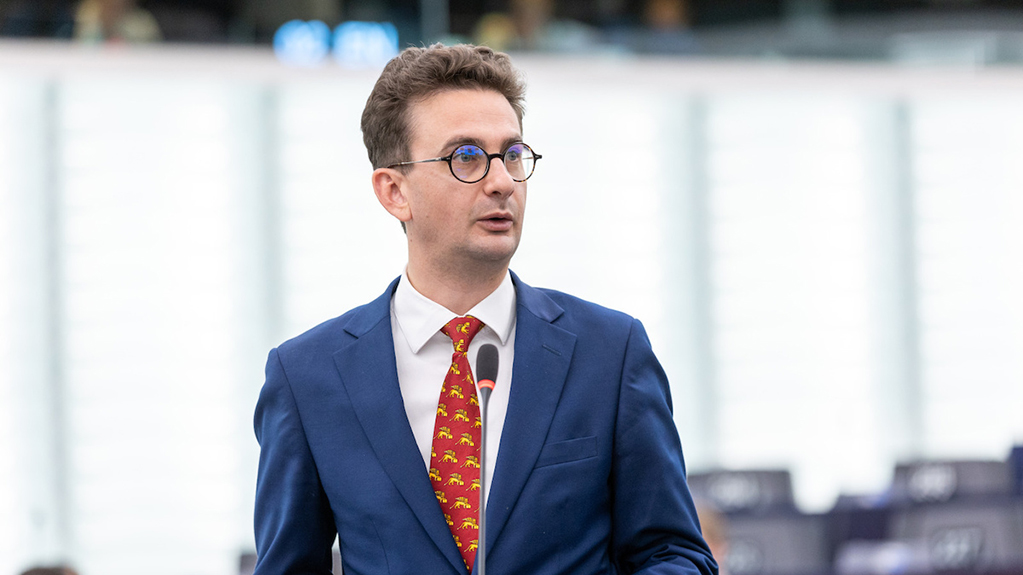The Parliamentary Assembly of the Council of Europe (PACE) observation delegation has raised questions about the results of the parliamentary elections held in Georgia.
News
As per the report, the Georgian parliamentary elections held on October 26, 2024, were marked by a highly polarized political and media landscape, hate speech targeting the opposition and civil society, and deep antagonism between the ruling party and the opposition, as well as between the ruling party and the president.
The delegation expressed particular concern over the “widespread climate of party-organised intimidation” before and on election day, especially in rural areas, as well as doubts about the impartiality and independence of certain government agencies responsible for law enforcement.
“Our findings, based on observations of the pre-electoral campaign and election day, as well as credible and consistent reports from domestic observers following the elections, raise concerns about the correctness of the election results, namely whether the election results truly reflect the will of the voters.
Additionally, serious doubts persist regarding whether the electoral environment provided the necessary conditions for a fair election, enabling voters to make an informed choice free from intimidation and undue pressure.
This is reflected in the response from the opposition and civil society, which have expressed deep mistrust in both the results and the institutions and continue to challenge the outcome of the election,” the PACE election observation report states.
The section of the report addressing election day highlights an “unacceptable incident” during the PACE team’s observation of a polling station in the village of Bodbe, Sighnaghi municipality:
“The team’s car was deliberately vandalised by a group of approximately 40 unfriendly strongmen outside the polling station. A tyre was punctured, and the perpetrators attempted to make it appear like an accident by deliberately smashing an old vehicle into the already damaged car.”
The report also states that one PACE observer group witnessed vote-buying, while another received credible information about organized vote-buying in favor of the ruling party throughout the day, with payments of 50 GEL per vote.
Additionally, the report notes that representatives of the ruling party attempted to exert control inside polling stations and even interfered in conversations between PACE observers and other accredited observers, demanding translations from English into Georgian.
One of the PACE teams observed minibuses parked near polling stations, with numerous individuals seated inside. According to the report, party observers at the polling station and members of the crowd outside maintained constant communication with those in the minibuses, “who appeared to be performing tasks,” which “likely included monitoring or counting voters.”
Several teams, particularly those observing voting in rural areas, documented a widespread pattern of voter intimidation, with voters entering polling stations accompanied by influential figures from the ruling party.
The observation mission highlighted several issues that significantly undermined the fairness of the electoral process and cast doubt on the legitimacy of its results:
- Transparency and fairness of the electoral process: Last-minute changes to the electoral process raised serious concerns about transparency and fairness. One of the most critical issues was the violation of ballot secrecy, observed in nearly a quarter of the polling stations visited by the international observation mission. This violation undermined the integrity of the elections.
- Politicization of state institutions: The Anti-Corruption Bureau’s decision to label certain NGOs, including Transparency International, as “subjects with political objectives” was deemed unacceptable. Additionally, recent changes in the composition of the Central Election Commission (CEC) raised questions about its impartiality, further eroding trust in this institution.
- Uneven playing field: The fairness of the elections was compromised by unequal conditions for competition between political parties, which clearly favored the ruling party. Administrative resources were used to benefit the ruling party, creating an uneven playing field. Unequal access to media outlets and media polarization further hindered balanced representation and the dissemination of information, making it difficult for voters to make informed choices.
- A widespread climate of intimidation and pressure impeded open participation. The law on transparency of foreign influence contributed to the stigmatization of civil society groups, independent media, and dissenting voices. On election day, intimidation inside and outside polling stations undermined voters’ sense of security. Civil society organizations and journalists faced significant pressure and harassment. Reports of intimidation, coercion, and undue pressure on public sector employees and economically vulnerable populations were particularly frequent.
- Controlled environment: The ruling party’s installation of cameras at polling stations, which often violated ballot secrecy, created a “Big Brother is watching” atmosphere. This surveillance-like environment contributed to a sense of voter control and further eroded trust in the electoral process.
- Democratic backsliding: Recent legislation restricting freedoms of expression and association, particularly before and during elections, along with the negative impact of abolishing gender quotas, further contributed to the country’s democratic decline.
The report, prepared by the Head of the PACE delegation, Iulian Boulai, was approved by the Bureau of the Parliamentary Assembly on November 28. The document is scheduled for debate during the Assembly’s plenary session on January 27.















